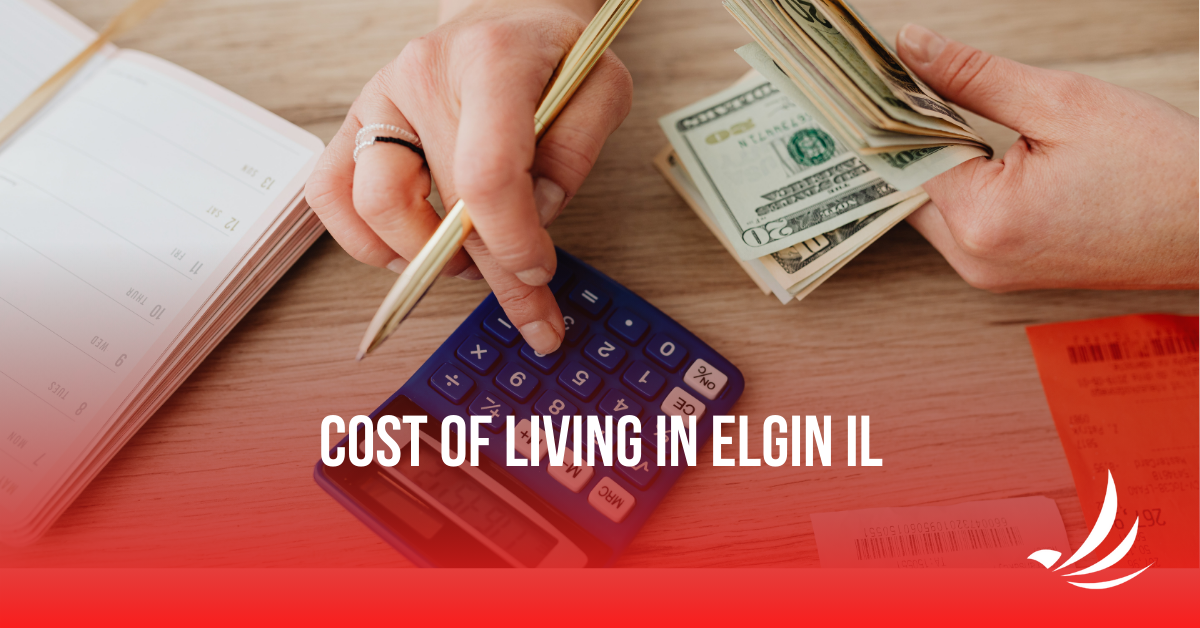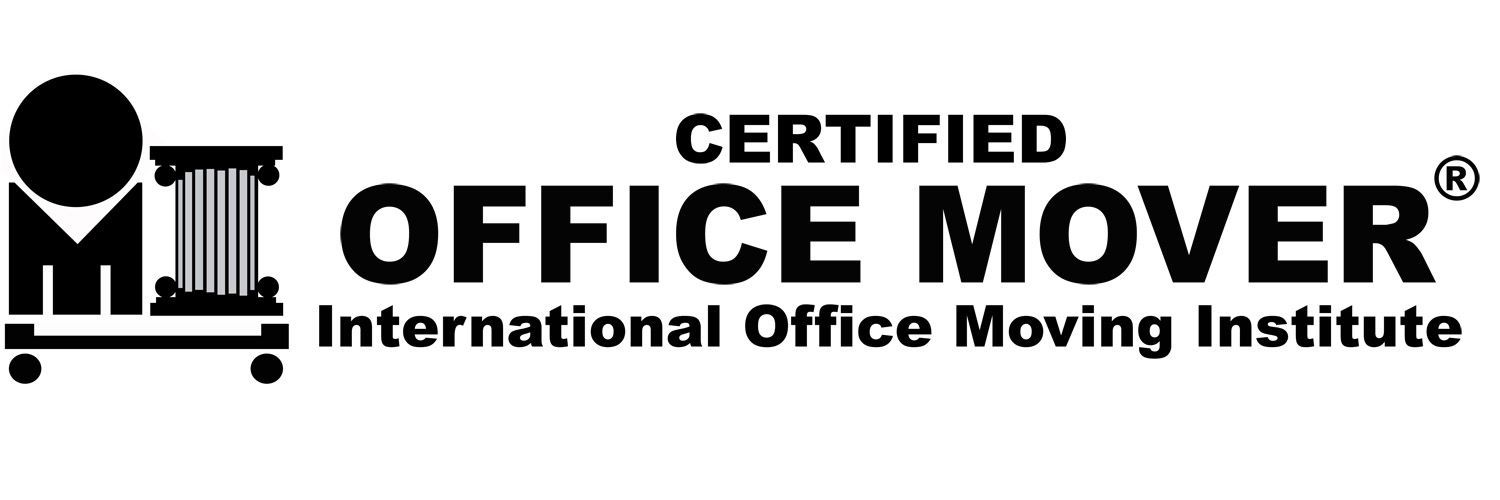How to Establish Legal Residency in Illinois
Becoming an Illinois resident means more than just enjoying the lush landscapes and thriving cities; it also means becoming part of a dynamic community. Illinois offers diverse opportunities in education, employment, and lifestyle, making it a great choice for many.
Explore the Diverse Opportunities in Illinois
Illinois, known for its bustling cities like Chicago and scenic countryside, provides a vast array of opportunities. From top-notch universities to flourishing industries, the state attracts individuals seeking quality education and robust job markets. Here’s why you might consider making Illinois your new home:
- Education: Home to prestigious universities like the University of Illinois and Northwestern University.
- Employment: Major industries include finance, manufacturing, and technology.
- Culture: Rich in history and arts, offering museums, theaters, and music festivals.
Key Reasons to Establish Residency in Illinois
Aside from the benefits mentioned, establishing residency in Illinois provides specific advantages:
- In-State Tuition: Qualifying as a resident makes you eligible for lower in-state tuition rates at public colleges and universities.
- Voting Rights: You gain the ability to participate in local and state elections, influencing your community directly.
- Local Services: Access to state-sponsored programs and local health and welfare services become streamlined.
Defining Residency in Illinois
Before you pack your bags and head towards the Prairie State, it's important to understand what legally establishes you as a resident. Each state has its criteria, and Illinois is no different. Defining residency ensures you meet all necessary requirements and enjoy all the benefits.
Residency Requirements
The residency requirements in Illinois include a few key factors you should be aware of:
- Physical Presence: You must establish a permanent home in Illinois. This means physically residing in the state with intent to stay.
- Time Requirement: Generally, you should live in Illinois for at least 30 days before the state considers you a resident.
- Intent: Showing intention to remain in the state is crucial. This can be demonstrated by obtaining an Illinois driver’s license, registering to vote, or enrolling your children in local schools.
The Process of Establishing Residency
Once you're familiar with what makes someone a resident, it’s time to go through the steps to formalize this status. The process involves several practical actions you should take to show Illinois that you're here to stay.
Building Your Physical Presence
Creating a physical presence starts with finding a place to live. Whether you choose to rent or buy, you’ll need proof of residence.
- Renting: Secure a lease agreement.
- Buying: Complete a home purchase and obtain a mortgage statement or deed.
Updating Your Legal Documents
Registering Your Vehicle in Illinois
If you bring a vehicle to Illinois, it needs to be registered with the state:
- Visit the local Secretary of State office.
- Provide proof of your identity and residence.
- Submit your current title and registration.
- Pay any associated fees.
Becoming a Registered Voter
Participating in elections is an integral part of being a community member. To register to vote in Illinois:
- Register Online, by Mail, or in Person: Various options make the process convenient.
- Meet Deadlines: Ensure you are registered before election day.
Navigating Tax Responsibilities
Understanding and fulfilling tax obligations is essential for Illinois residents. Knowing the ins and outs of the state tax system will help ensure compliance and anticipate any financial impacts of your new residency.
Understanding Illinois State Taxes
Illinois Income Tax is a flat tax rate, which means everyone pays the same percentage regardless of income:
- Flat Tax Rate: The current individual income tax rate in Illinois is 4.95%.
- Filing Requirements: If you live or work in Illinois and earn more than a certain amount, you must file an Illinois state tax return.
- Deductions and Credits: The state offers certain deductions and credits that may reduce your taxable income or tax liability.
Practical Aspects for New Illinois Residents
Beyond legalities and taxes, moving to Illinois involves adjusting to practical, everyday aspects of life to ensure a smooth transition.
Managing Healthcare and Insurance Needs
Access to healthcare is crucial. Here’s what you need to know about managing healthcare when you move:
- Transferring Healthcare Providers: Find local healthcare providers and transfer medical records.
- Insurance: Update health insurance to a plan that covers Illinois residents. Consider speaking with your provider about in-state networks.
- State Programs: Illinois offers several health assistance programs. Check eligibility if you require assistance.
Education and Schooling Considerations
If you have children, schooling is a top priority:
- Enrolling in Schools: You will need proof of residency to enroll your children in Illinois public schools.
- In-State Tuition for Higher Education: Proving residency can significantly reduce tuition costs at Illinois public colleges through in-state tuition benefits.
Embracing Illinois as Your New Home
As you transition into your new life in Illinois, embracing the lifestyle and becoming involved in the community can make all the difference. Establishing roots and forming connections will enhance your residency experience.
Encouragement to Become Actively Involved in Your New Setting
Fully immersing in Illinois culture makes your new state feel more like home:
- Local Cuisine: Try iconic Illinois foods like deep-dish pizza and Chicago-style hot dogs.
- Historical Sites: Visit landmarks like the Willis Tower and Abraham Lincoln Presidential Library.
- Festivals: Attend events, such as the Illinois State Fair, for fun and cultural immersion.
Highlight Falcon Moving in Elgin, IL for a Smooth Relocation Process
Relocating can be a challenge, but Falcon Moving, located in Elgin, IL, is here to support your journey. With reliable moving services catering to all your needs, your transition to life in Illinois can be seamless and stress-free.
- Services Offered: Packing, loading, unloading, and unpacking.
- Flexible Scheduling: To match your timeline and needs.
- Professional Team: Committed to ensuring a smooth move experience.
Choosing
Falcon Moving means trusting a local expert, ensuring that all aspects of your move are handled with care.




